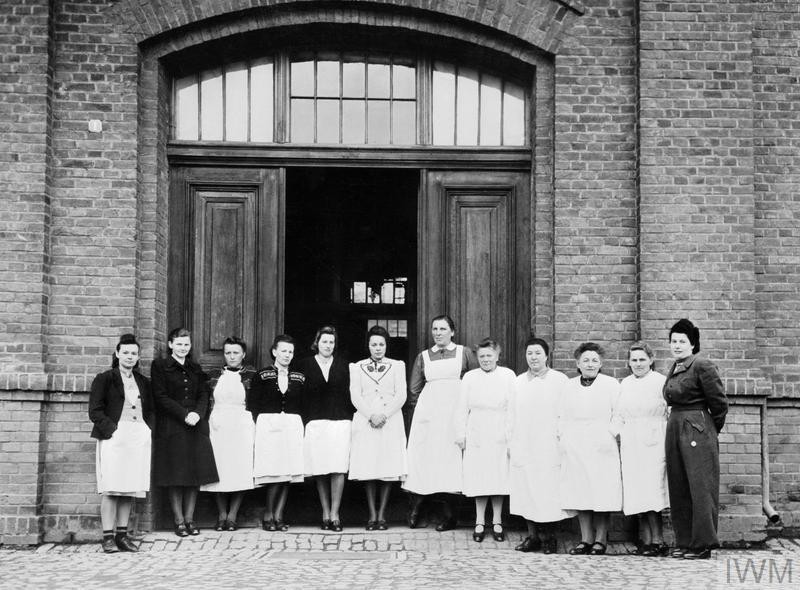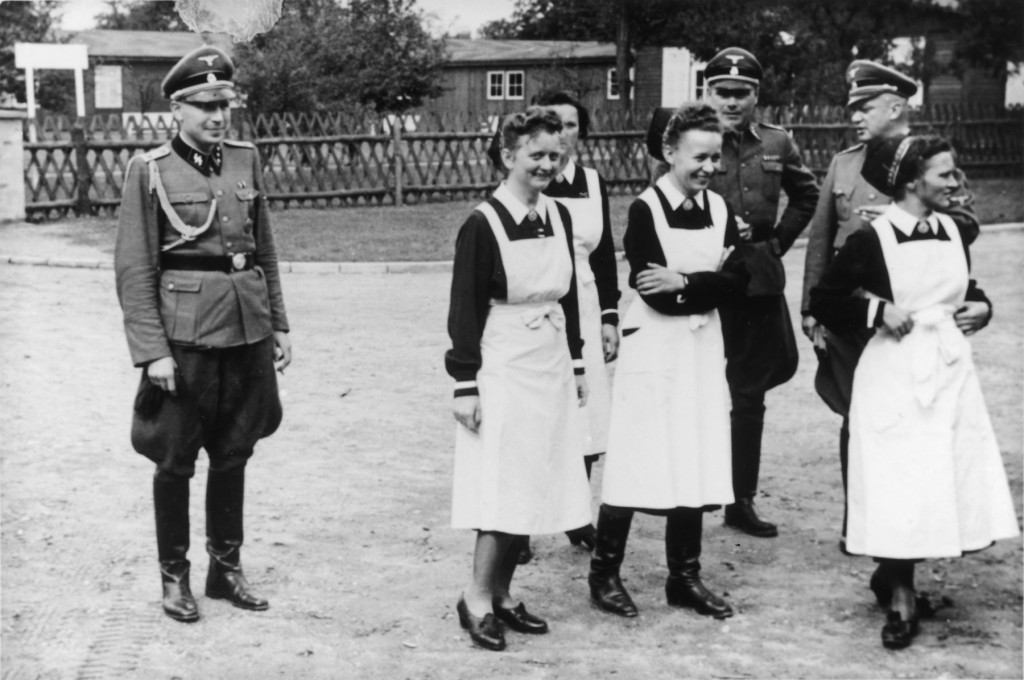
The Role of Doctors and Nurses
Persecution of Jews and other groups was not solely the result of measures originating with Adolf Hitler and other Nazi zealots. Nazi leaders required the active help or cooperation of professionals working in diverse fields who in many instances were not convinced Nazis. The German medical profession played a central role in shaping and implementing many Nazi policies. A high number of doctors and nurses supported the regime, and many became complicit in Nazi crimes.
The traditional healing work of doctors and nurses often conflicted with the policies of the Nazi regime. However, German medical providers became an important source of support for Nazism. Medical science influenced the development of Nazi ideology. In addition, many doctors and nurses became involved in the crimes of the regime.
Doctors
The German medical profession was one of the most advanced and well-respected in the world before the Nazis rose to power in 1933. Many German doctors at the time believed in “racial hygiene,” or eugenics. The Nazis enthusiastically embraced these ideas.
Roughly half of all German doctors became members of the Nazi Party and its organizations between 1933 and 1945. Some German physicians welcomed the Nazi regime because it supported their beliefs about “racial hygiene.” Others joined to take advantage of opportunities to advance their careers. Many doctors either actively or passively benefited from the regime’s dismissal of their Jewish colleagues and the “Aryanization” of their profession.
German doctors and medical scientists helped shape Nazi Germany’s racial laws. Many became involved in Nazi crimes. The Nazi regime used medical research to shape its racial definitions and rationalize its discriminatory policies. Many doctors participated in forcible sterilizations, human experimentation, or the so-called “euthanasia” of people with mental and physical disabilities.

Nurses
Christian nurses’ associations dominated German nursing when the Nazis rose to power in 1933. At the time, nursing was widely considered to be more of a spiritual calling or a public service than a professional career. The Nazi regime reorganized Germany’s professional nursing associations. It barred Jewish nurses and restricted membership to politically reliable “Aryans.” Nazi propaganda promoted the idea that nursing was a patriotic service to the state. Nazi nurses’ associations encouraged values of militaristic duty and obedience. Nursing schools began indoctrinating students with Nazi ideology through classes on race and eugenics.
Many nurses who did not necessarily support the Nazi regime still implemented its discriminatory and murderous policies through the course of their regular, daily work. Engaging with patients more frequently and directly than doctors, nurses were often the ones who actually applied the regime’s medical policies. Nurses played a central role in the regime’s so-called “euthanasia” program. Under the program, roughly 250,000 children and adults with mental and physical disabilities were murdered. They were killed by starvation, lethal injection, or gassing.

